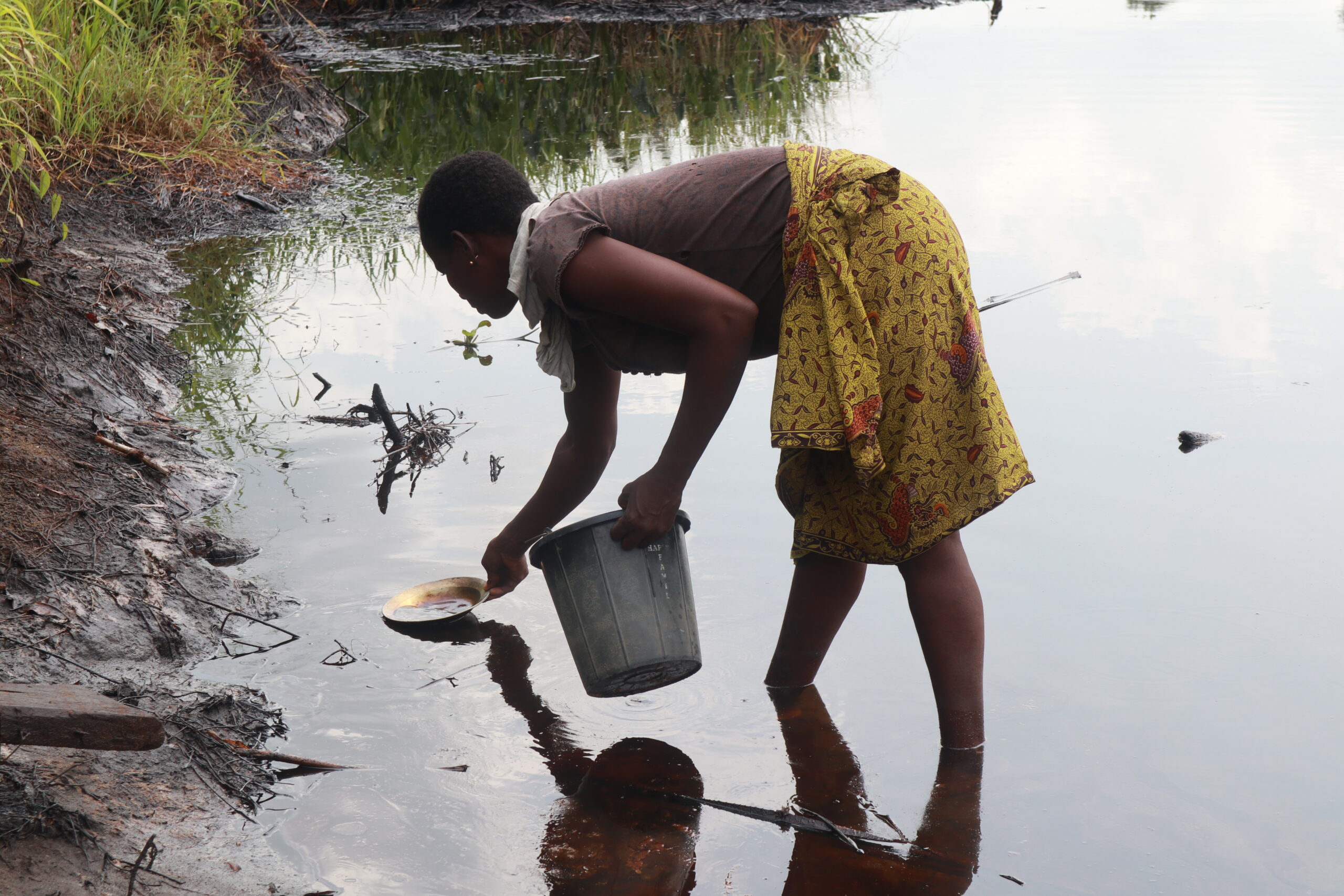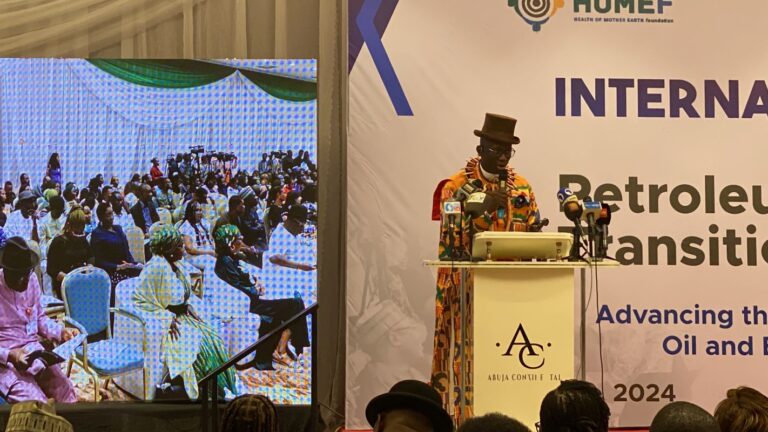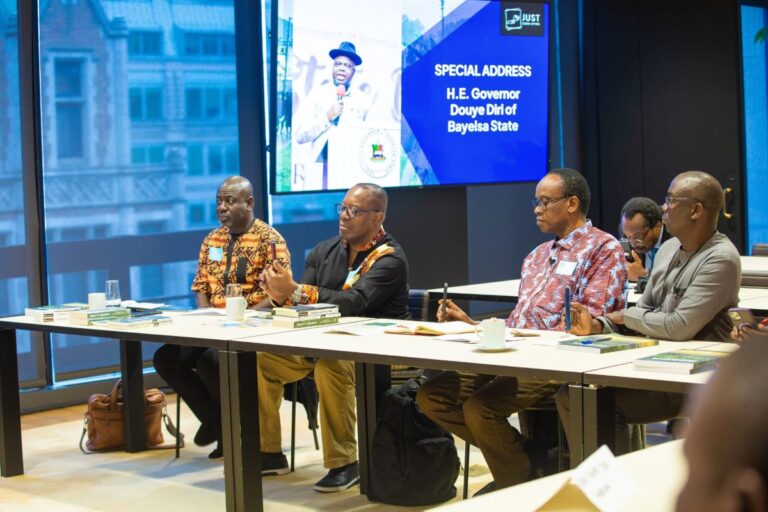Empowering Victims of Petroleum Pollution through Oil Spill Monitoring Training
“Since the spill, life has taken a harsh turn. Our once-thriving stream is now a barren wasteland, devoid of fishing and other valuable activities. We are slowly fading,” confides a resident of the pollution-ridden Omoviri-Rumuekpe community in Rivers State, Nigeria who prefers to remain anonymous.
The plight of Omoviri epitomises the countless communities across the Niger Delta bearing the brunt of relentless oil spills. These disastrous incidents frequently wreak havoc on local farmlands and aquatic life, diminishing the region’s agricultural potential and the livelihoods of people that depend on the land and rivers for survival.
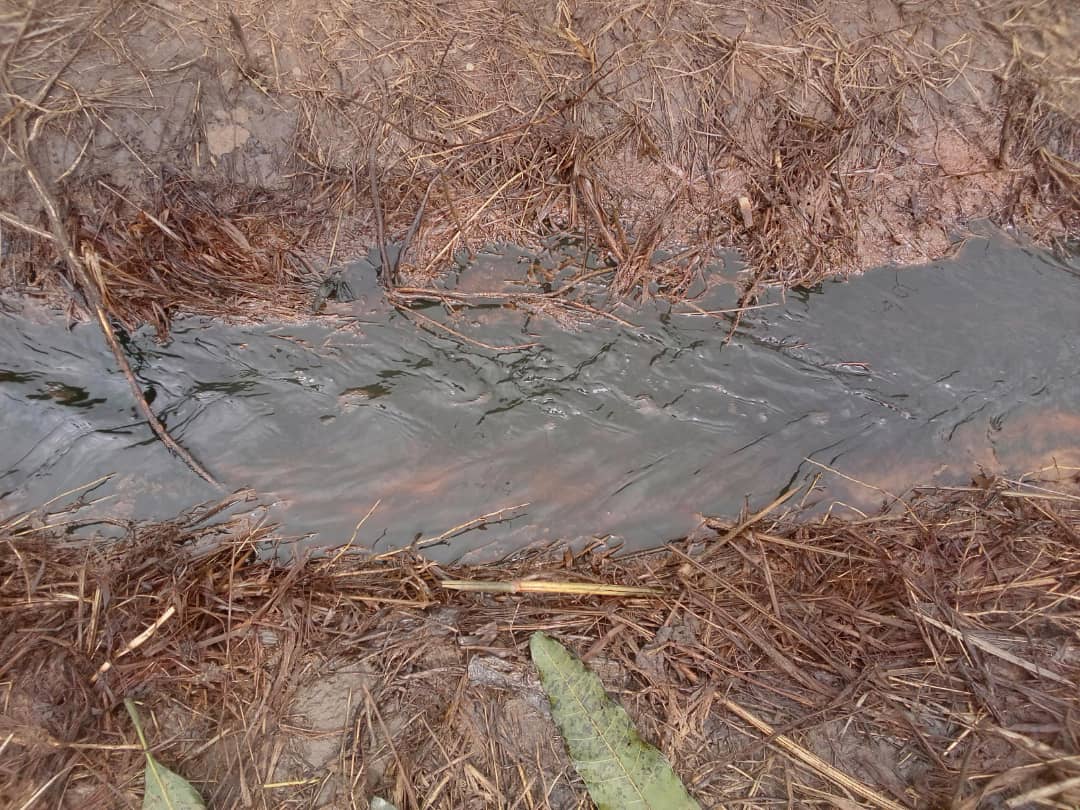
Figure 2 “Crude oil stream” flowing from the Transnational Pipeline into Bodo communities
However, the struggle against oil spills in the Niger Delta is not just about the volume of information available or the extent of damage endured—it is ultimately about what can be proven.
This harsh reality has made it arduous for affected communities to seek justice, even when their lives have been upended by pollution. Dominant oil corporations operating within these regions typically control the crucial data regarding oil spills. This control leaves communities without access to reliable, impartial information, thus hindering them from effectively communicating their plight and seeking redress.
As addressed at a Town Hall Meeting organised by Social Action earlier in the year, the recent Petroleum Industry Act (PIA) 2021 overlooks critical concerns of the Niger Delta communities, especially regarding oil spills. Instead of strengthening the role of the National Oil Spill Detection and Response Agency (NOSDRA), the PIA neglects to clarify its authority, potentially leaving communities vulnerable. While continuing to advocate for amendments to the PIA, Social Action Nigeria is collaborating with NOSDRA to help it address the challenges of crude oil spills.
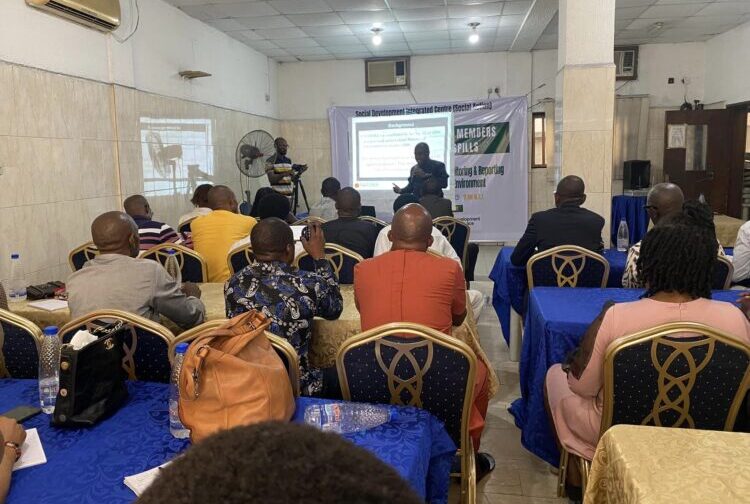
Figure 3 Training on the detection and monitoring of oil spill anchored by Mr Solomon of the NOSDRA
Social Action Nigeria has been steadfastly training inhabitants of oil-producing communities in the Niger Delta on the monitoring and reporting of oil spills, focusing on their environmental impact. We aim to empower communities to manage and monitor these spills until remediation is undertaken effectively. Partnering with the National Oil Spill Detection and Response Agency (NOSDRA), we have orchestrated training workshops across various Niger Delta states. These initiatives equip citizens with the essential tools and mindset to advocate for fair societies and an environment conducive to life’s sustenance and production.
In a recent two-day workshop in Port Harcourt, Rivers State, we equipped men and women from Rivers, Edo, Delta, Bayelsa, and Imo states with practical skills for effective oil spill monitoring. “Our goal is to ensure that when they return to their communities, they can use visuals and audio to report oil spills and engage governmental agencies,” said Peter Mazzi, Communications Manager of Social Action Nigeria.
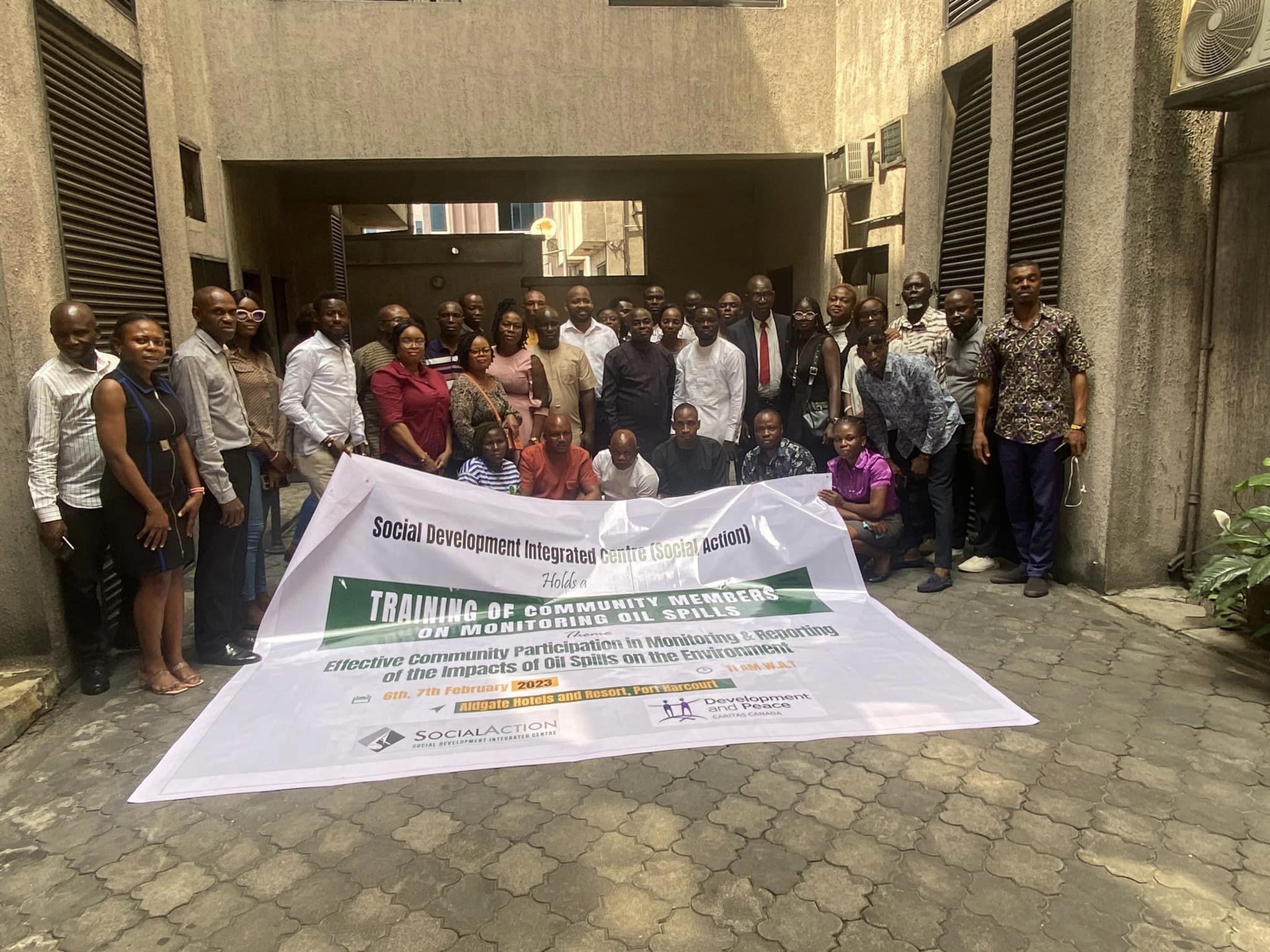
Figure 4 Group photo after the training
NOSDRA representatives underlined the frequent conflicts triggered by oil exploration and exploitation within these communities. With the people lacking adequate access to energy services and with chronic shortages of consumer fuels in Nigeria, some unemployed youth engage in illegal artisanal refining of crude oil to produce kerosene, petrol and diesel to satisfy local demand. However, the artisanal refineries exacerbate the region’s environmental destruction. NOSDRA urged the workshop participants to refrain from such harmful activities and instead actively report oil spills and any data discrepancies presented by the oil companies.
The workshop trained participants on the early detection of spills and collecting critical evidence—photos and videos indicating the spill’s cause, the volume of oil spilt, and the impacted area. This evidence should be timely captured, documented, and disseminated to NOSDRA, the media, and other pivotal stakeholders, such as Social Action.

